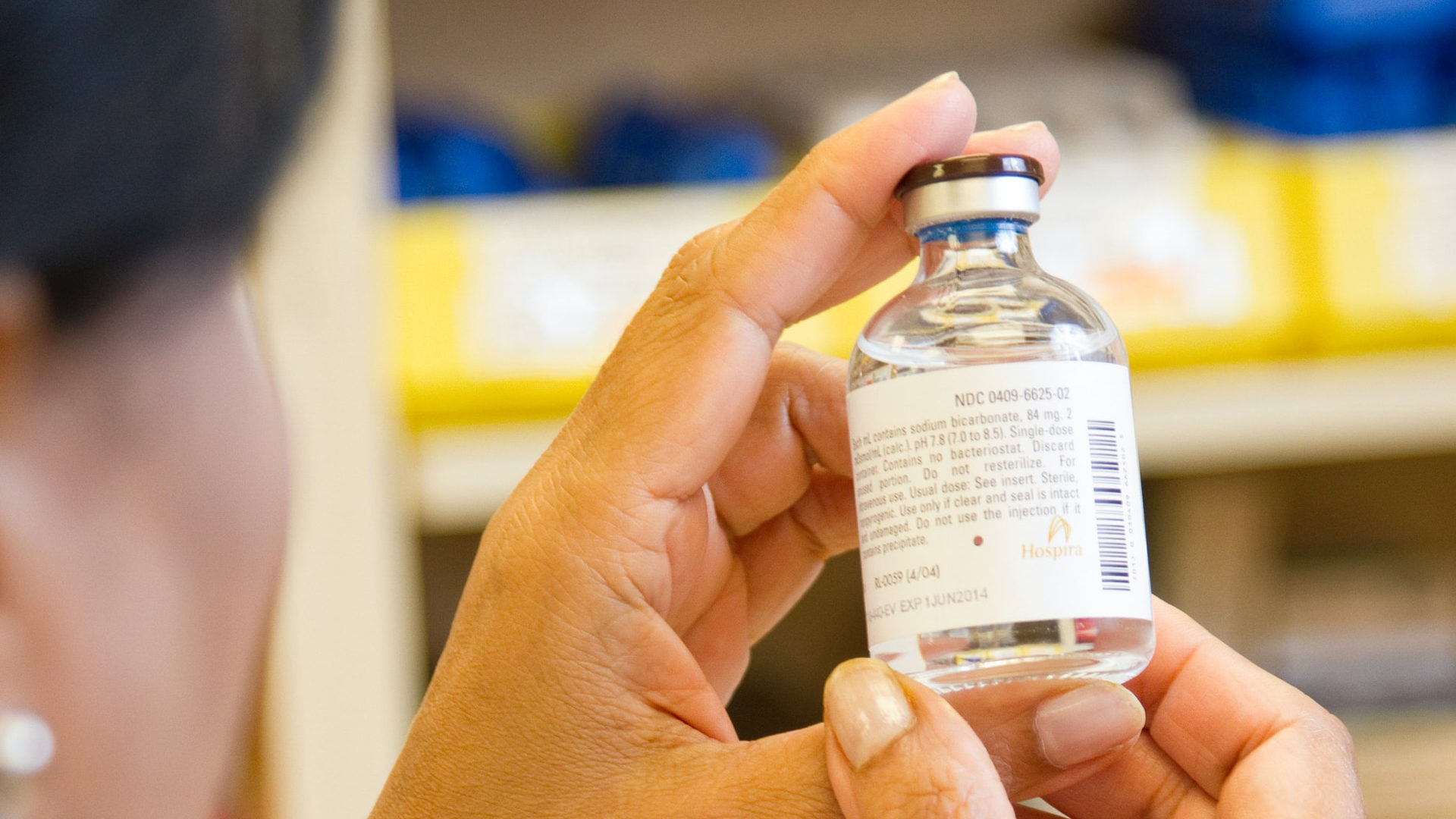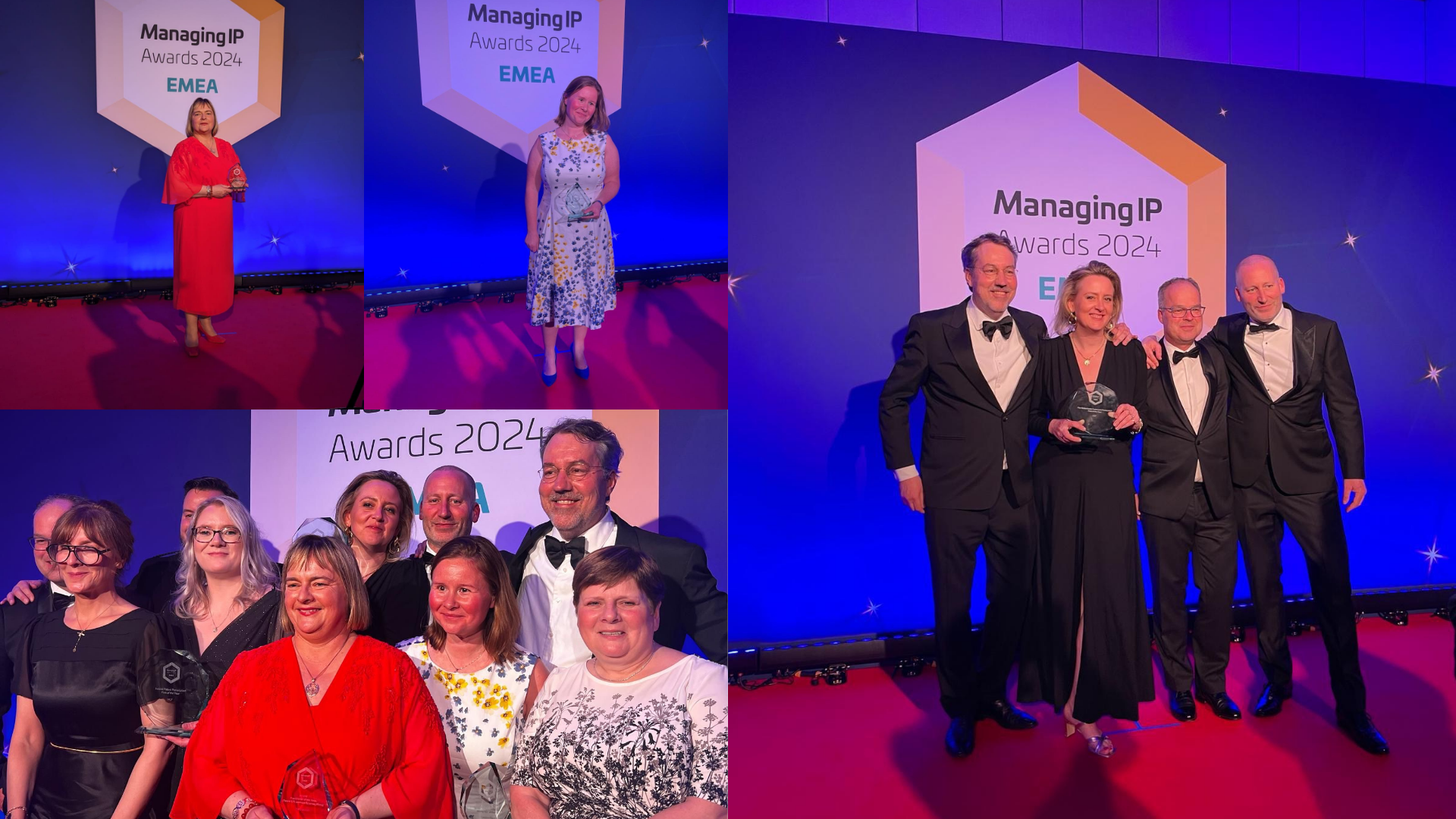News
G3/19: A further Referral to the Enlarged Board of Appeal on Plants Produced by Essentially Biological Processes
June 2019
In decision T1063/18, a EPO Technical Board of Appeal created controversy in ruling that the jurisprudence of the Enlarged Board of Appeal took precedence over Rule 28(2) of the EPC. The Board held that decisions G2/12 and G2/13 should be followed in preference to the rule, thus allowing claims to plants produced by essentially biological processes.
T1063/18 created uncertainty as to how the EPO would deal with this conflict; were examiners to follow the rules or the Board’s precedent? Many expected that the EPO would have to take action to clarify the legal situation, and many hoped that there would be a referral to the Enlarged Board of Appeal. This has now happened.
To give a little more background, we first reported back in December 2018 on T1063/18 that the Board considered that controversial R.28(2) EPC is in conflict with A.53(b) EPC, as interpreted in both the Enlarged Board decisions G2/12 and G2/13 (“broccoli II” and “tomatoes II”), and was therefore improper. As a result of this, the Board held that R.28(2) EPC should be ignored, and that plants produced by essentially biological processes are indeed patentable.
In the EPO Official Journal for May 20191, it was announced that the President of the EPO has now referred questions regarding this point of law to the Enlarged Board under case number G3/19. The questions referred by the President are as follows:
- Having regard to Article 164(2) EPC, can the meaning and scope of Article 53 EPC be clarified in the Implementing Regulations to the EPC without this clarification being a priori limited by the interpretation of said article given in an earlier decision of the boards of appeal or the Enlarged Board of Appeal?
- If the answer to question 1 is yes, is the exclusion from patentability of plants and animals exclusively obtained by means of an essentially biological process pursuant to Rule 28(2) EPC in conformity with Article 53(b) EPC which neither explicitly excludes nor explicitly allows said subject-matter?
There is some disagreement as to whether the referral is admissible, given that two Enlarged Board of Appeal decisions have already dealt with the patentability of plants and animals exclusively obtained by means of an essentially biological process; G2/12 and G2/13. Furthermore, there do not appear to be conflicting T decisions on this matter. However, in the grounds for referral2, the President argues that there is different case law on the way the existence of a conflict between Article 53 EPC and a Rule which clarifies its meaning and scope is examined under Article 164(2) EPC. Thus, the questions are admissible. The President further argues that the purpose of the President’s right of referral under Article 112(1)(b) EPC is to establish uniformity of law and legal certainty within the European patent system, and that the point of law raised in T1063/18 is of fundamental importance. We concur that clarity on this area is certainly needed.
It is not yet known whether the Enlarged Board of Appeal will decide on this referral or whether they will deem it inadmissible. However, the EPO has announced3 that any cases whose outcome depends entirely on the Enlarged Board decision will be stayed pending the outcome.
The deadline for filing third party statements is 1st October 2019. We will provide further updates as and when they are announced.
[1] – https://epo.org/law-practice/legal-texts/official-journal/2019/05/a52.html
[3] – https://www.epo.org/law-practice/legal-texts/official-journal/information-epo/archive/20190410.html
This update was prepared by HGF Senior Patent Attorney Ellie Purnell. If you would like further advice on this or any other matter, please contact Ellie Purnell. Alternatively, you can contact your usual HGF representative or visit our Contact page to get in touch with your nearest HGF office.































